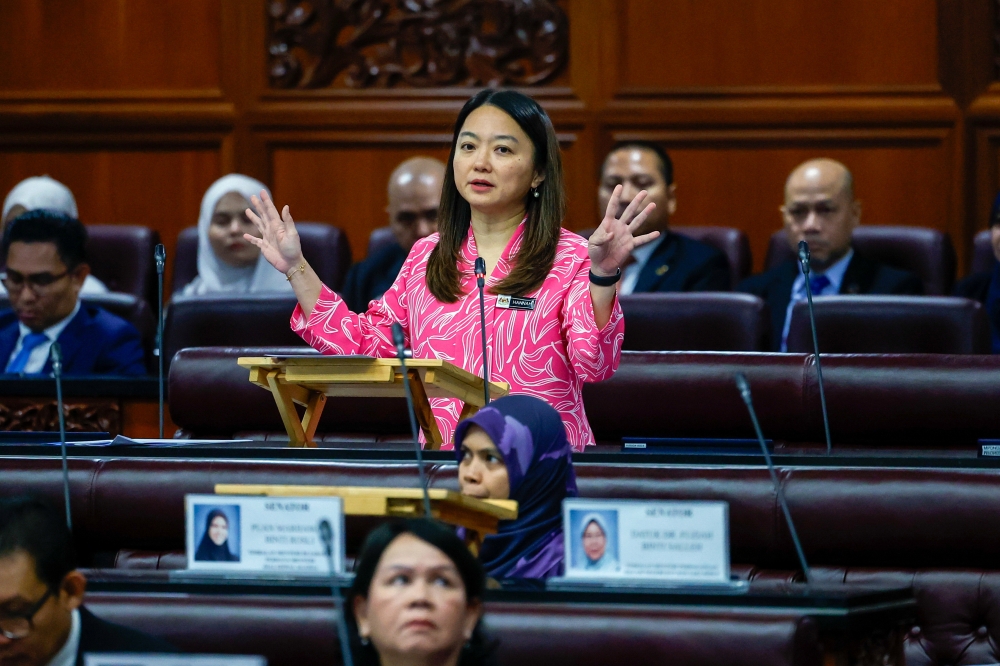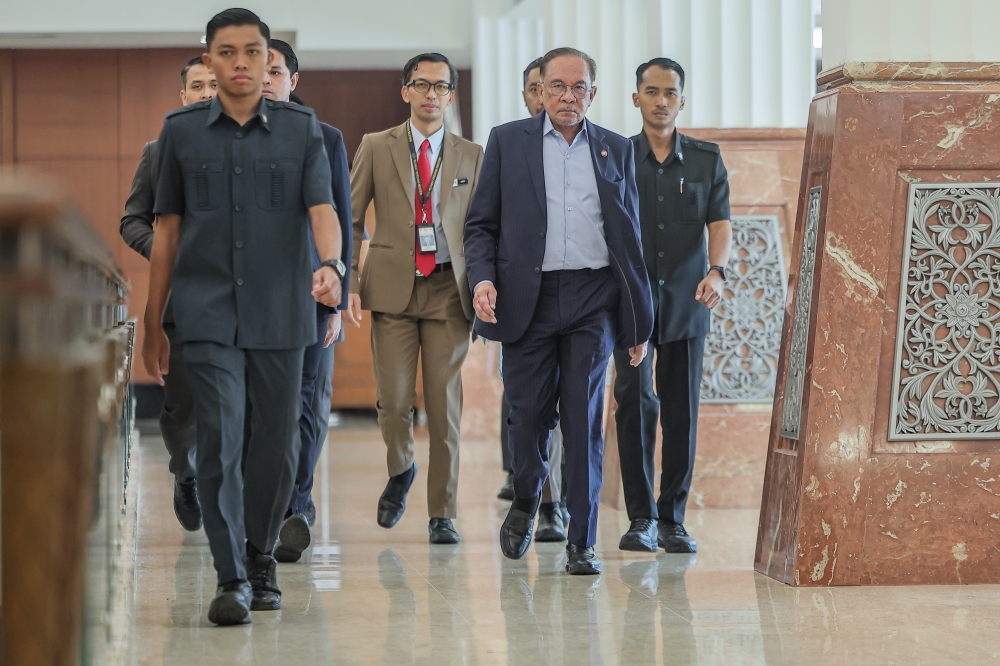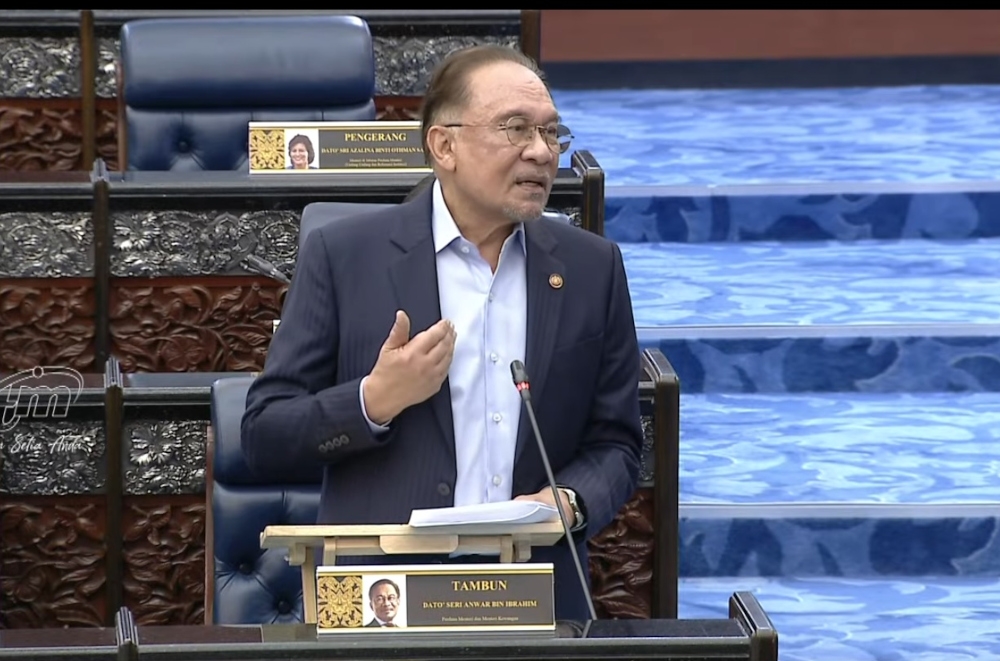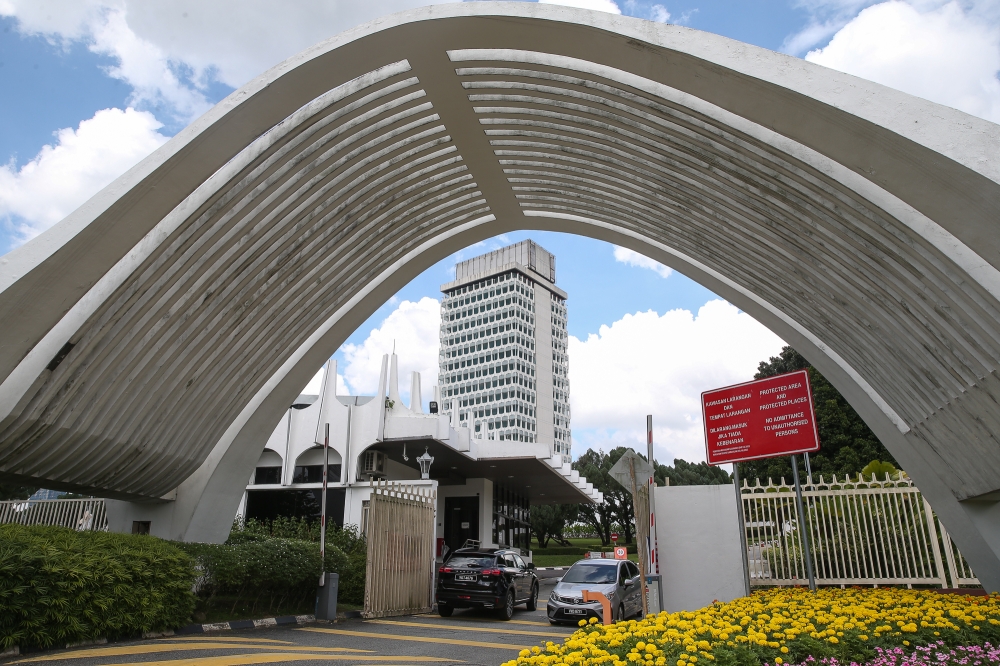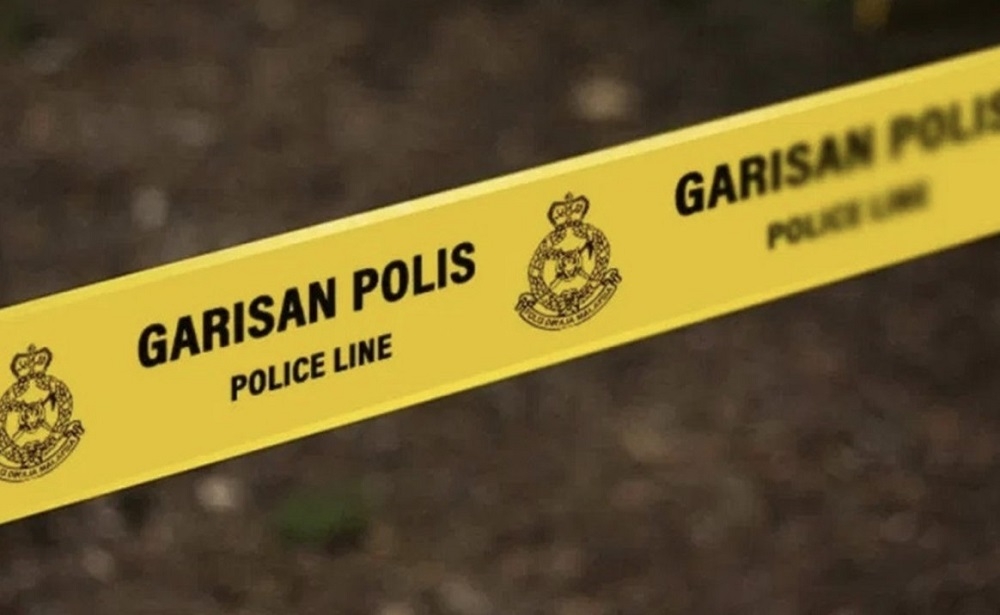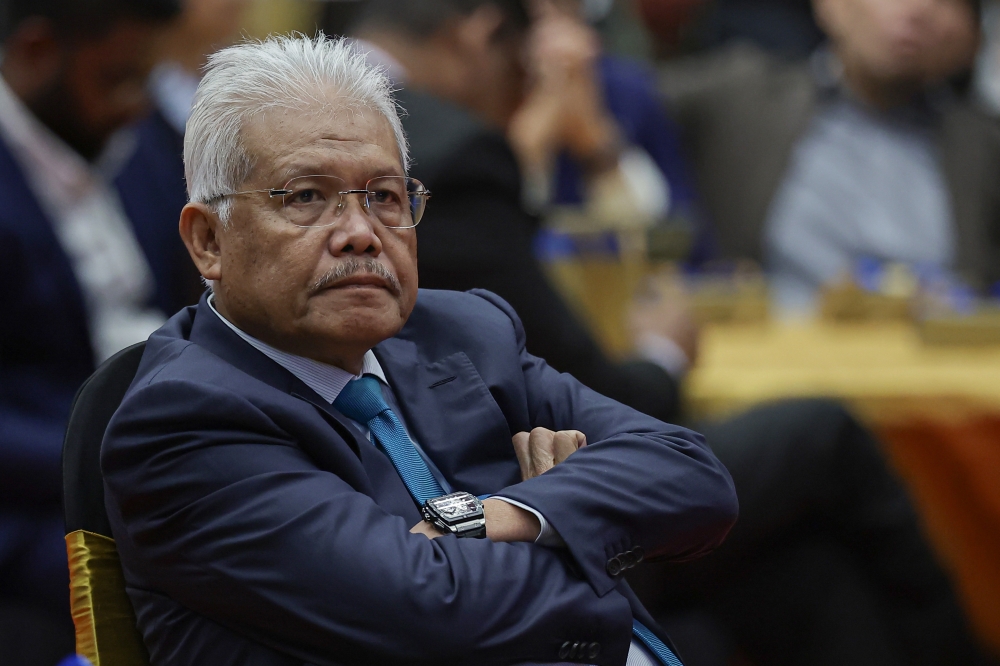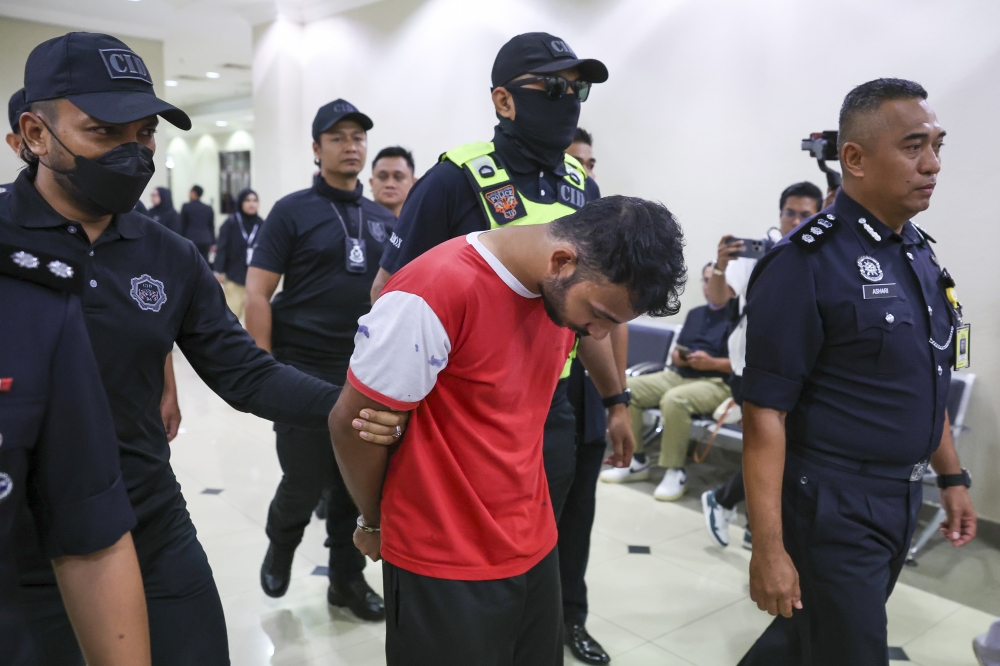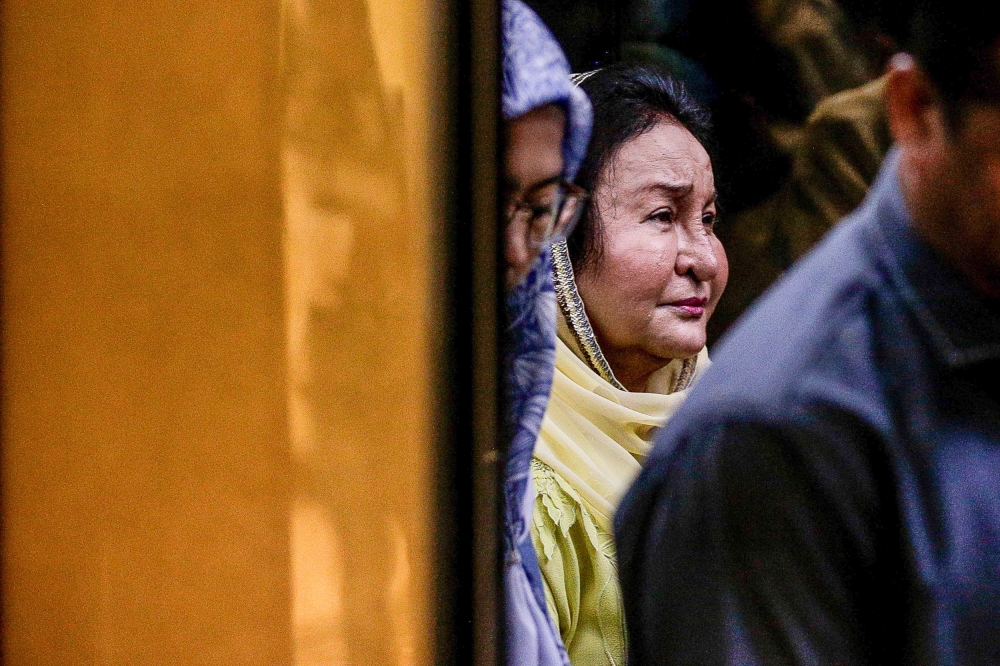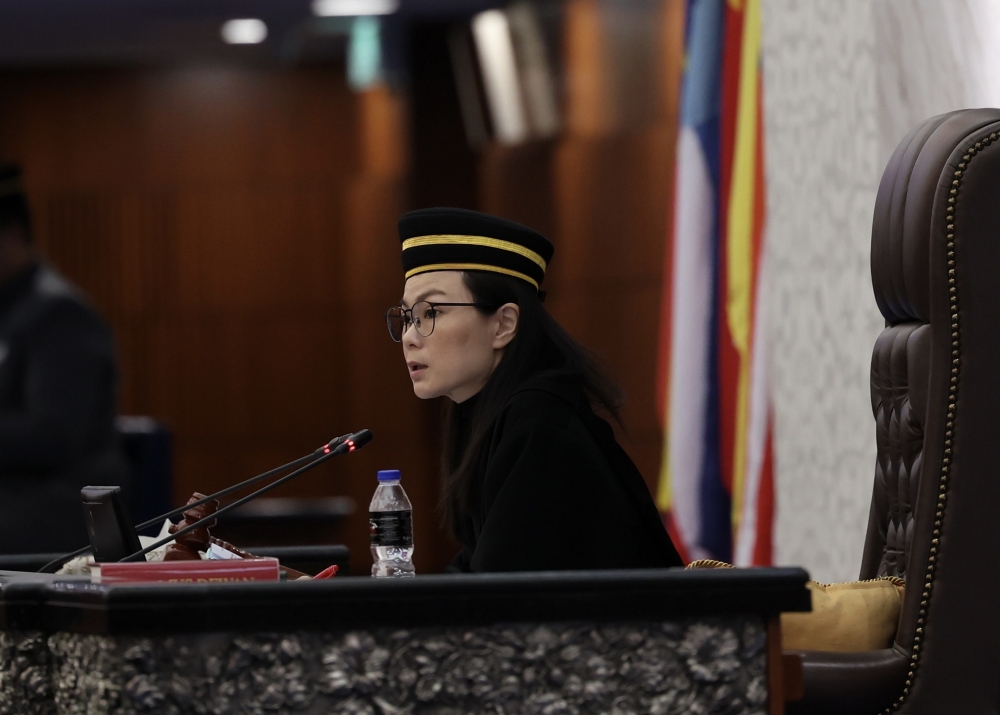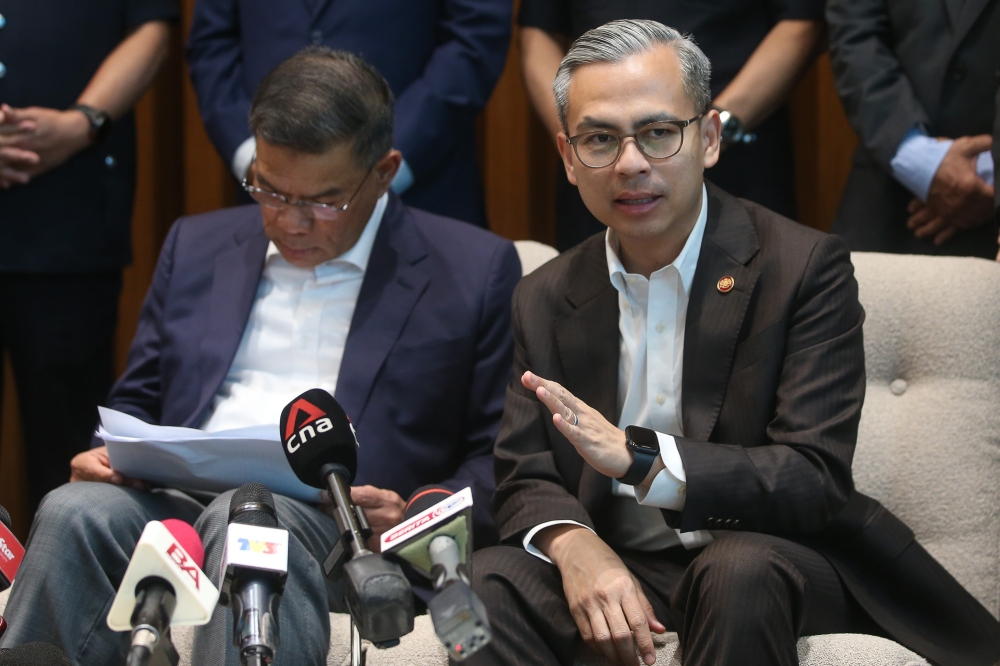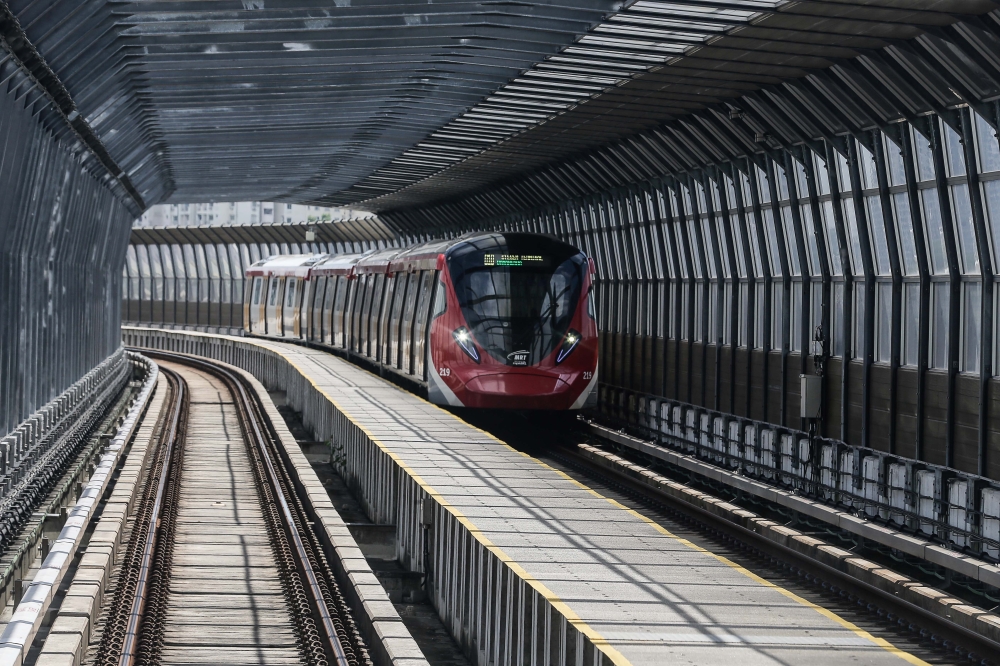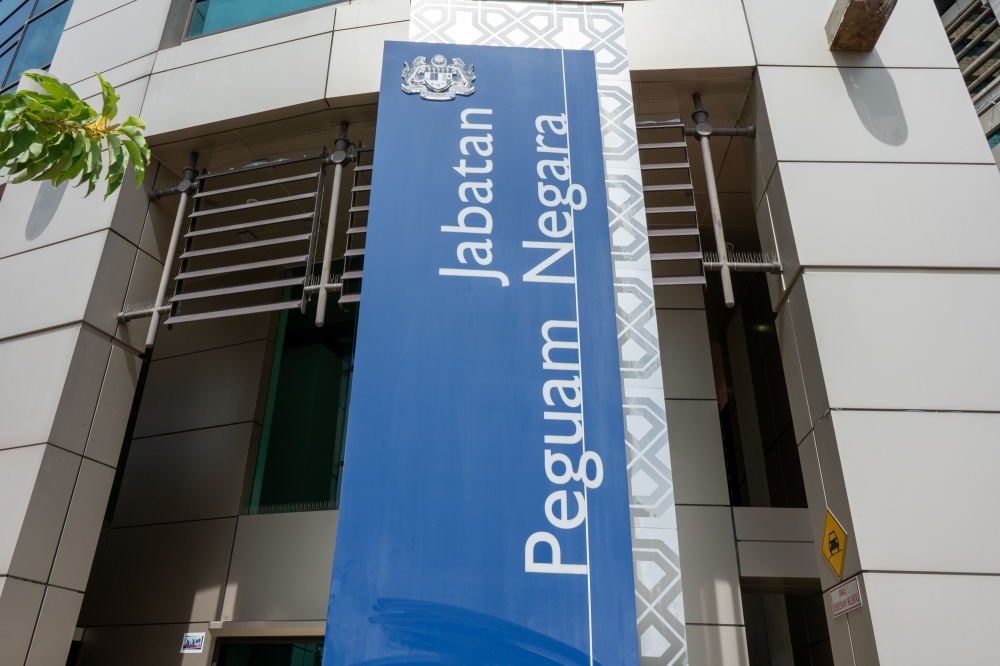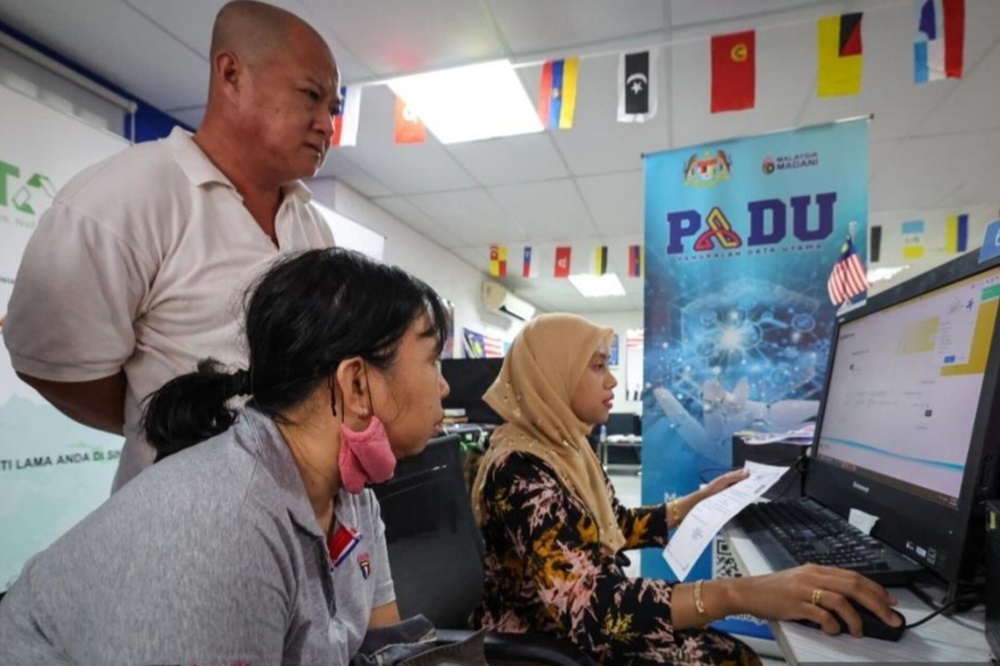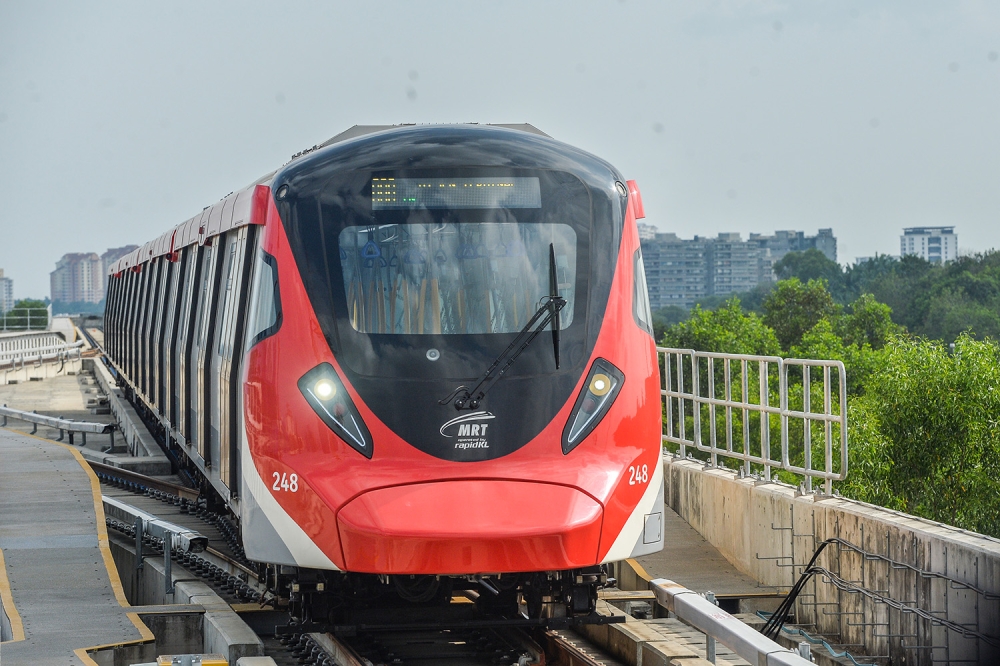KUCHING, March 20 — Lack of information is the reason given by many non-Malay Bumiputeras here as to why they have not registered with the Central Database Hub (Padu), despite the March 31 deadline.
Raylene Jackery, 42, admits to being clueless about the system.
“I often get text messages asking me to register with Padu. I don’t really know what it is actually for because I don’t see it being discussed in the media very often — or perhaps it’s just me who is not aware at all,” this corporate sector employee told The Borneo Post.
Local bartender Desmond Mitchell Hill, 44, said he was aware of Padu, but was unsure about the benefits.
“Since no one told me about its benefits, I forgot all about it — up until this interview,” he said.
Angela Tupang, 56, a self-employed single mother, said she did not know the purpose of Padu until it was explained to her during this interview.
In her opinion, Leonora Lamban believed that those who had registered would want the government to put in more efforts in explaining Padu to the people, especially those in the rural areas the Internet was still not at its fullest coverage.
“I think the government should explain in further detail about the objectives behind the creation of Padu, instead of just asking people to register.
“In my case, I am registered only because I am a civil servant,” said the 37-year-old nurse.
Leonora’s husband Palima Ngadan, 37, concurred.
However, he understood the objectives and thus, as a grassroots leader, he wanted to set an example to his charges.
“We should all be supportive of the government’s policies and programmes for the people but at the same time, I am hoping that the government would do better in explaining it to the people.
“As a community leader, I take it as my responsibility to explain to my community what Padu is because some of them are either illiterate or does not follow news in the mass media at all,” said Palima, a village chief in Spaoh.
Nelson Mat Jiram, 31, believed in whatever programme set up by the government.
“I have registered with Padu, because I believe that whatever programme that the government introduces, is meant to be beneficial for the people in the rural areas like me,” said the private sector worker, who hails from Betong.
Luther Desion, 42, another private sector worker, said he had signed up because he would not want to miss out on any of the government’s programmes.
“I know a bit about Padu, but I believe there are many who do not; why is perhaps the reason why they have not registered,” said the resident of Kampung Bangau near here.
For Agustine Seli, 47, a farmer from Debak, he felt that the deadline should be extended.
“Some do not think it is a right move by the government (to set the March 31 deadline) should it want to see more non-Malay Bumiputeras from Sarawak register with Padu.
“This is because many rural areas in Sarawak do not have the proper facilities to register, and many are not even aware of the deadline.
“I think it is necessary to revise the deadline, especially in Sarawak, should the government want to see higher Padu registration among the Non-Malay Bumiputeras. I really think the government should be more patient with this group.”
William Ngadan, 34, a civil servant from Sibu, said the government would need to come up with more awareness activities or programmes, ‘especially if they wanted to see more Non-Malay Bumiputeras register with Padu before March 31’.
For several Sarawakians like Gilbert Empatie, they felt no urgency to sign up because they did not believe that being Padu-registered would give them any benefit.
The 40-year-old lorry driver from Saratok remarked: “What benefits would I get by being registered in this government system? For me, things would remain the same whether I register or not.”
In a press conference at Menara Prisma in Putrajaya on Monday, Economy Minister Rafizi Ramli mentioned Sarawak as one of four states in Malaysia with highest number of areas not yet covered by Padu.
Sarawak has 765 areas identified as having residents not registered with Padu or any government assistance programme before. Selangor posts 1,282 areas, Kuala Lumpur with 992 areas, and Sabah, 620.
In his remarks, Rafizi also appealed to the non-Malays to register with Padu so as to prevent them from being excluded from any government assistance.
Launched early this year, Padu serves as a means for the government to gain a clearer picture of the national household income.
This initiative acts as a primary source of reference for all government agencies in arriving at decisions based on accurate data, in addition to enhancing the efficiency of the government services delivery to improve the well-being of Malaysians. — The Borneo Post

